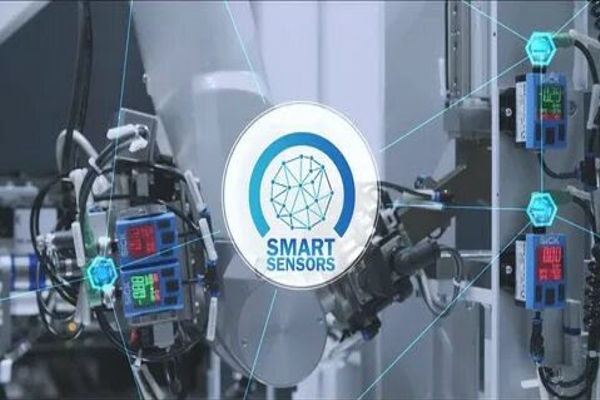In a fast-evolving global economy, smart sensors are redefining how businesses operate—transforming traditional workflows through real-time insights, automation, and data-driven decision-making. Once used primarily in industrial settings, these intelligent devices are now crucial across industries such as healthcare, logistics, manufacturing, agriculture, and energy.
Driving Operational Intelligence Across Industries
Smart sensors are advanced devices that not only detect physical conditions like temperature, pressure, or motion but also process and transmit that data instantly to connected systems. Their ability to provide real-time, actionable insights is helping businesses improve performance, reduce waste, and maintain regulatory compliance.
Transforming Key Sectors
In logistics and cold chain management, smart sensors monitor environmental conditions to ensure the integrity of temperature-sensitive goods such as vaccines, medications, and fresh foods. In manufacturing, they support predictive maintenance and quality control by identifying equipment issues before they lead to downtime.
The healthcare sector is also experiencing major advancements. Sensors are used in medical devices, wearable health monitors, and pharmaceutical storage systems, supporting both patient care and compliance with stringent health regulations.
Agriculture and environmental monitoring are benefiting from climate and soil sensors that optimize water usage and crop planning, while smart buildings utilize occupancy and air quality sensors to enhance energy efficiency and comfort.
Overcoming Deployment Challenges
While the potential of smart sensors is significant, businesses face several implementation hurdles:
- Integration with existing systems
- High volumes of raw data without adequate analytics tools
- Cybersecurity vulnerabilities
- High initial investment and uncertain ROI
Many organizations are addressing these challenges through strategic partnerships with IoT providers, adoption of platform-based solutions, and investment in workforce training to manage sensor-based systems.
Supporting Sustainability Goals
Smart sensors also play a pivotal role in advancing environmental, social, and governance (ESG) objectives. By providing data that helps reduce energy use, optimize resource management, and minimize waste, sensors support more sustainable business operations.
In energy and utilities, sensors help monitor infrastructure and detect inefficiencies. In commercial real estate, smart HVAC and lighting systems powered by sensors are cutting carbon footprints and reducing operational costs.
“Smart sensors are no longer just performance tools—they are becoming vital for achieving sustainability targets and reporting requirements,” added [Spokesperson Name].
Looking Ahead: Automation, Edge AI, and Scalable Adoption
The next phase of smart sensor evolution is being driven by edge computing and 5G connectivity, which enable real-time data processing directly at the device level. This reduces latency and enhances responsiveness in high-stakes environments such as autonomous vehicles, emergency systems, and precision manufacturing.
At the same time, cost reductions and advancements in battery life, miniaturization, and wireless communication are making smart sensor technology accessible to small and mid-sized enterprises, accelerating its adoption across markets.
Conclusion: A Strategic Asset for Future-Ready Businesses
As industries seek greater resilience, efficiency, and sustainability, smart sensors are emerging as indispensable assets. Companies that prioritize their integration today will be better positioned to adapt to future challenges and lead in increasingly complex and competitive markets.













